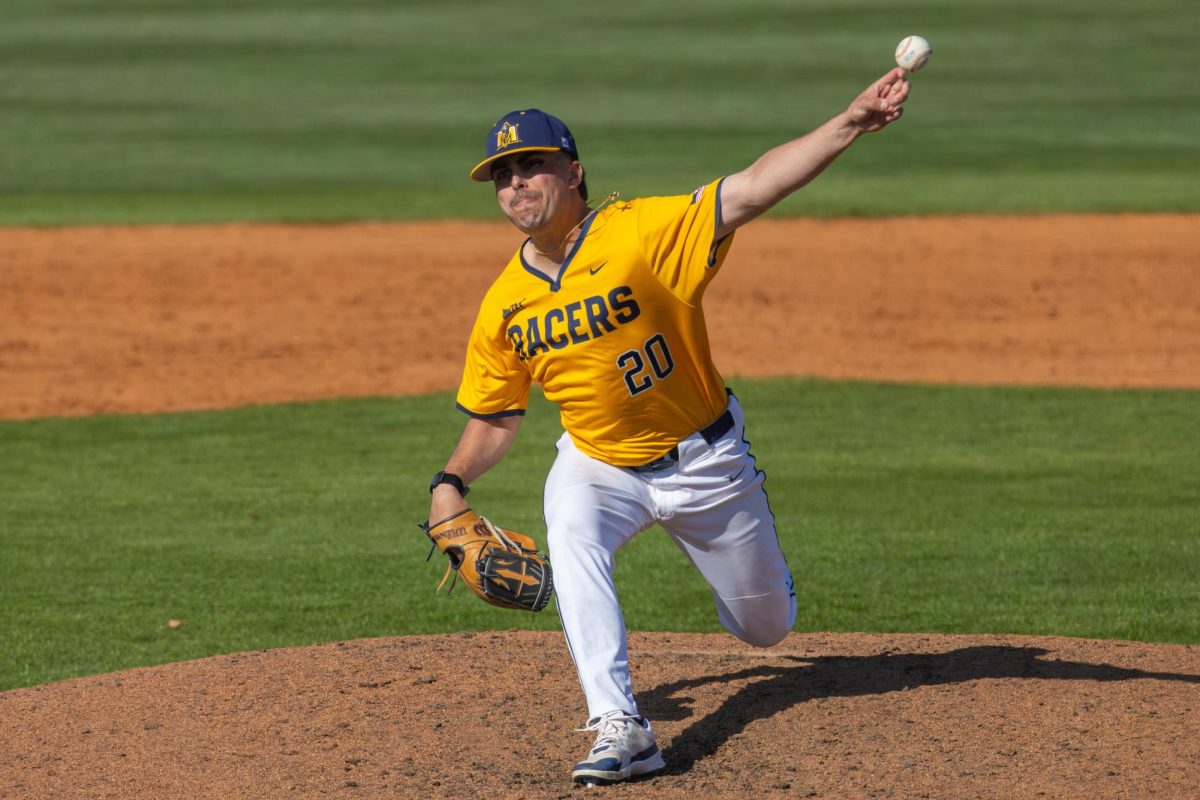Column by John Morris, Staff writer
The 2015 Super Bowl: Seattle threatens to score the winning touchdown. They are at New England’s 1-yard line. Millions are watching as there are 26 seconds left on the clock.
Instead of handing the ball to Marshawn Lynch, who was last year’s best running back in the NFL, Seahawks Quarterback Russell Wilson attempted a slant pass to the right that Patriots cornerback Malcolm Butler picked off. Game over.
Seconds later, social media exploded with thoughts of conspiracy and the game being rigged.
As a fan and a player of the game, I was quick to defend the play, but when things like this happen it’s only human nature to question it.
People have come to question the operations and outcomes of sporting events and even investigations about endorsements and media coverage.
In some cases, there has been evidence of money controlling the outcome of sporting events.
The biggest skeptical view of these accusations is that those athletes and sports figures in major sports sell out games for more money and benefits.
It’s hard to believe someone who devoted their life to a sport would sell out their hard work for extra cash or benefits.
But on the inside looking out, I have met those people in different sports with different lifestyles, who are not all about the love of the game, but are about how much can they get out of this.
The money is nice and can do a lot for you but at the end of the day, one thing stands out: athletes play to play.
But, there are always different circumstances that lead up to the scenarios that I’ve mentioned before.
ESPN did a short documentary on the Boston College basketball point shaving scandal, where the Mafia, led by Henry Hill, recruited and bribed several members of the 1978-79 basketball team to fix games.
As of spring, FIFA has had one of the biggest scandals revealed to the sports world, in which it was released that racketeering, wire fraud, money laundering conspiracies and other offenses are in connection with a 24-year scheme to enrich top dogs through the corruption of international soccer.
Ex-NBA referee Tim Donaghy was known as one of the top tier refs in the NBA for 13 years. In his last four years he participated in a gambling scheme with the mob where he was betting on games and winning 75 percent of his bets.
Other scandals and issues seen in sports in 2015 are arrests centered on the alleged use of bribery, fraud and money laundering to corrupt the issuing of media and marketing rights for FIFA games in the Americas that estimate $150 million.
In a recent development concerning FIFA, an sports equipment company, identified in multiple sources as Nike, is alleged to have paid at least $40 million in bribes to become the sole provider of uniforms, footwear, accessories and equipment to the Brazil national team.
This changed the entire view on what is believed to be one of the world’s most popular sports.
With so many ins and outs to how sports are ran, looked at and played, who’s to say that money doesn’t control some people’s actions.
From an athletic standpoint, no one wants their love for their respective sport, their character or organization questioned.
Money is a source of power, and society and sports accumulates a lot of it. Those responsible for the revenue should reap what they sow.
jmorris36@murraystate.edu



























































































